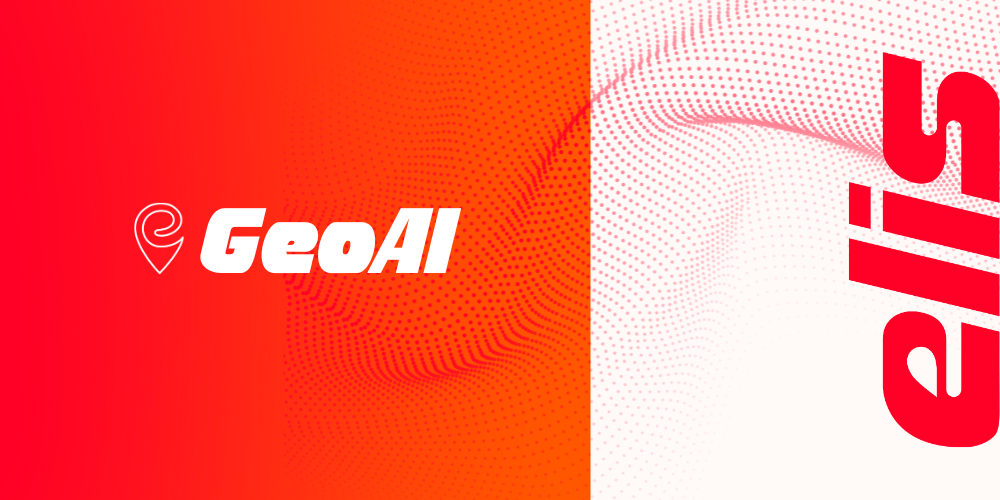4 December 2024



GeoAI will be the central focus of the Enterprise Location Intelligence Summit (ELIS) in Quebec City this April, where leaders will explore how combining geospatial insights with AI enables smarter, more data-driven decisions. But what exactly is GeoAI, and how can it benefit your business? That’s what we are exploring in this article.
GeoAI, or geospatial artificial intelligence combines geographic data with AI to address complex, real-world challenges. Its applications span from market analysis and flood risk assessment to route optimization, automated data classification and image analysis, offering powerful solutions across diverse industries.
However, achieving success with GeoAI requires a robust data strategy and a deep understanding of AI and geospatial, with data quality as a cornerstone for effective outcomes. Working within this data-rich field also demands advanced technology capable of managing vast datasets to support high-performance analytics and insights.
Generative AI (GenAI) and Large Language Models (LLMs), like OpenAI ChatGPT, have transformed technology and are now impacting geospatial applications, enabling conversational GIS, automated analysis, feature labeling, and code generation.
GeoAI capabilities have grown with cloud data warehouses supporting scalable spatial modeling, and feature extraction and image recognition becoming more accessible. Affordable imagery, content-as-a-service, and improved extraction models are driving large-scale geospatial applications across industries.
As AI strategies grow more complex, a solid data strategy—often incorporating geospatial data—is essential. Geocoding, geo-enrichment, and spatial analysis now play a key role in enhancing AI and ML model accuracy across sectors.
GeoAI projects can face significant challenges in managing diverse and vast datasets, ensuring data quality, and meeting privacy regulations. With data coming from varied sources, integration can become complex. Inconsistent or inaccurate data risks undermining AI models, while privacy regulations add further responsibility.
To address these issues, projects should implement data-cleaning processes, scalable cloud storage, and encryption for sensitive information. Emphasizing data governance and quality control is critical to creating reliable and compliant GeoAI applications. An internal team of experts or trusted external resources can help manage these complexities.
Companies in many industries are increasingly leveraging GeoAI. By incorporating spatial insights into decision-making, businesses gain flexibility, agility, and resilience in fast-evolving environments, allowing them to make smarter, data-driven choices.
Here’s a closer look at how AI and location intelligence solutions are used in each industry:
By leveraging GeoAI, these industries gain a competitive edge with actionable insights into location-specific factors that traditional data alone might miss.
If your business is exploring the benefits of GeoAI, or is already leveraging it, you don’t want to miss the Enterprise Location Intelligence Summit (ELIS). Held at the historic Château Frontenac in Quebec City, Canada, from April 27th to 29th, 2025, ELIS will gather leaders across telecom, retail, real estate, insurance, banking, energy and transportation for a premier event.
This summit is your chance to dive into the transformative potential of location intelligence and artificial intelligence and learn how to overcome your business challenges. With focused tracks in Innovation and Enterprise Solutions, ELIS will offer actionable insights and strategies from top experts on topics like data quality, data management, cloud solutions, digital transformation, data privacy and many more.
Attendees will have the opportunity to network with industry professionals during cocktail and dinner receptions, and discover the latest trends in location intelligence.
Join us to see firsthand how GeoAI can redefine your business strategic advantage.
Get your tickets now!